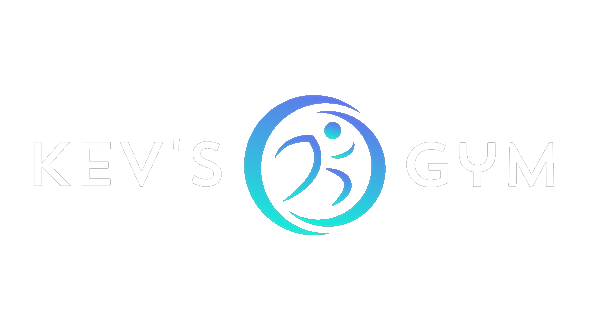Cow’s Milk or Almond Milk? Which is Healthier?
Q- Hey Kev, is almond milk healthier than regular milk? I read that it has more nutrients than regular milk without the fat and cholesterol. It also looks like there is less protein. Maybe the question is, do I really need milk in my diet?
This is a great question and this topic is very controversial in the nutrition world. Let’s jump right in and examine some of the benefits and drawbacks of almond milk and cow’s milk:
ALMOND MILK:
Benefits:
- High in antioxidants: high in vitamin E which prevents certain forms of cancer and slows signs of aging.
- Flavonoids: Reduces risk of osteoporosis and type 2 diabetes.
- Heart Healthy: Not an animal product, so NO CHOLESTEROL AND NO SATURATED FATS
- High in Omega 3 fatty acids: helps to lower bad cholesterol (LDL)
- High in vitamins and minerals
- Low calories (40 calories/serving)
- Long shelf life
Drawbacks:
- Almond milk is higher in carbohydrates and lower in protein when compared to cow’s milk.
- Some brands are processed and may contain sweeteners and other additives
- Almond milk does not have as much protein and calcium as cow’s milk.
Note: The health benefits of almond milk vary depending on whether you buy plain or sweetened varieties.
COW’S MILK:
Benefits:
- Fat Burning: Studies have shown that overweight people who consume 3 servings of milk each day lose more body fat than those who only consume 2, holding diet constant. Calcium, along with other active compounds in dairy (milk proteins) may help to increase the rate at which your body burns fat.
- Gain Muscle: Need bigger guns? Grab a cup of milk! Milk is one of the best muscle foods and contains a lot of protein that is useful in rebuilding muscle.
- Heart Health: Drinking two to three glasses of milk a day, whether it’s skim, 2%, or whole, lowers the likelihood of both heart attack and stroke.
- High in Calcium and Vitamin D. Vitamin D helps the body absorb calcium. This is why Vitamin D is sometimes added to milk.
Drawbacks:
- Hormones: The bovine growth hormone (rBGH) is used to increase the amount of milk production while reducing costs. This leads to lower prices for the consumer, but is it healthy? rBGH has been linked to cancer, but only in cases when it is injected into the bloodstream directly. Digestion destroys these hormones, so it is technically not bad for you. The downside is that these hormones aren’t good for the cows and can cause certain infections to develop in them.
- Antibiotics: Cows are given antibiotics to prevent disease and to help them grow faster and produce more milk for the same amount of food that they are given. Some people believe that consuming milk products from cows that were given antibiotics leads to antibiotic resistance in humans, making antibiotic drugs less effective when you get sick. However, this has not been proven.
Note: The benefits of cow milk vary depending on whether you buy organic, grass fed, and/or milk from local farms, etc. For example, buying 100% grass fed milk makes the milk richer in omega-3 fats and other vitamins.
My Advice:
- Incorporate both almond milk and cow’s milk in your diet, but in moderation. I believe that the benefits for both outweigh the cons.
- If you choose almond milk, make sure that it is plain (artificial sweeteners are not healthy). If you choose cow’s milk stick with organic and/or grass fed. The lower that fat % the healthier the milk is for you.
- Keep things natural: Ask yourself at every meal if your food exists on its own in nature with little to no processing. In this case, you can create almond milk by blending almonds together and can find cow’s milk from a cow. However, you would not be able to find those artificial sweeteners often found in almond milk growing in nature. You also would not be able to find synthetic hormones, antibiotics, and cows that primarily eat grain and not grass.
Sources:
http://healthresearchfunding.org/almond-milk-pros-cons/
http://www.fitday.com/fitness-articles/nutrition/healthy-eating/pros-and-cons-of-almond-milk.html
http://www.livestrong.com/article/246903-nutritional-benefits-of-almond-milk/
http://www.hsph.harvard.edu/nutritionsource/calcium-full-story/
http://www.webmd.com/diet/healthy-kitchen-11/dairy-truths?page=2
http://www.nbcnews.com/id/22349307/ns/health-diet_and_nutrition/t/does-milk-really-do-body-good/#.U_SzCmBOXcs
http://health.howstuffworks.com/wellness/food-nutrition/facts/is-milk-good-for-you.htm
http://www.sdstate.edu/vs/extension/beef-procedures-antibiotics.cfm


2 comments